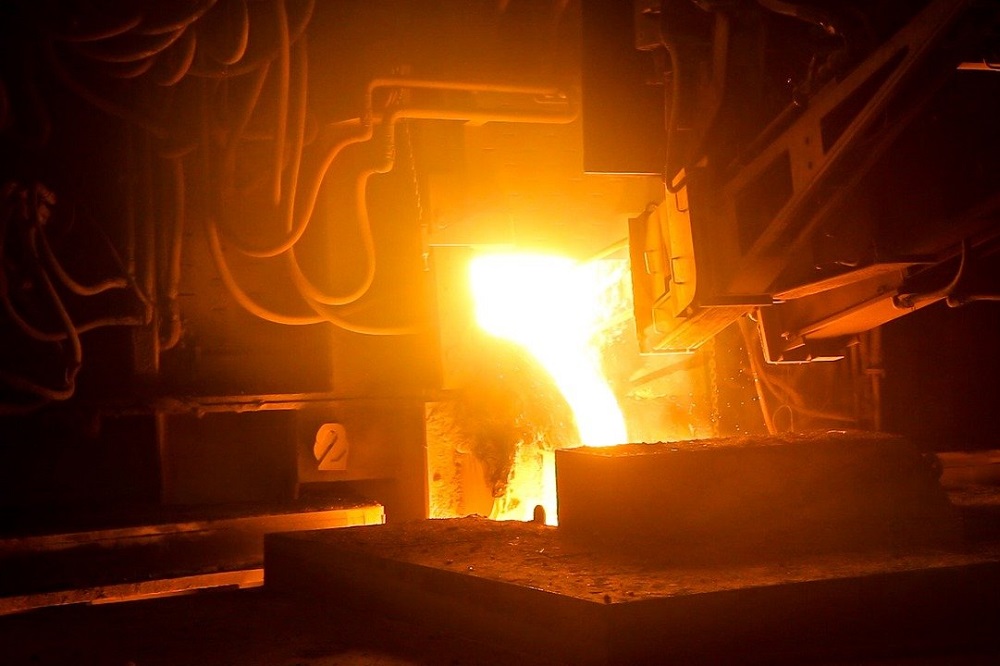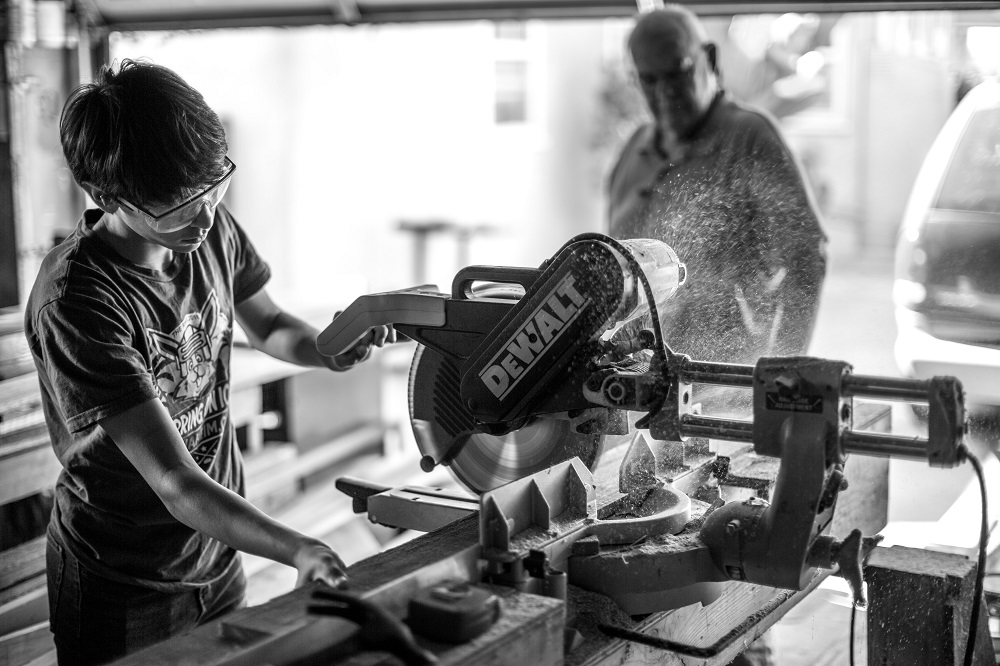News in brief. Liberty Steel owner vows to keep plants open despite financial crisis

Liberty Steel owner Sanjeev Gupta has vowed not to shut down any of his steel plants, despite the financial crisis currently engulfing GFG Alliance, the conglomerate that owns Liberty Steel.
GFG Alliance employs 35,000 people around the world and Liberty Steel is the third largest steel producer in the UK.
Liberty steel currently employs 3,000 people at 11 sites in the UK, including close to 200 at its Newport plant.
There are fears that Liberty Steel could collapse after the UK Government rejected a plea from the company for a £170 million emergency loan last week.
The business has been struggling to survive since the collapse of its main financier Greensill Capital, which fell into administration earlier this month, forcing Liberty to pause production at some of its UK plants to conserve money.
‘Committed’
In an interview on BBC Radio 4’s Today programme, Mr Gupta said he was “committed” to his UK plants, and said he had received interest from a number of financiers offering to refinance the business.
“None of my steel plants under my watch will be shut down for sure,” he said.
Speaking on BBC Radio 4’s Today programme yesterday, UK business secretary Kwasi Kwarteng described Liberty Steel as a “really important national asset”.
“We are custodians of taxpayers’ money, and there were concerns over the very opaque structure of the GFG Group and we feel that if we gave the money, there is no guarantee that that money would stay in the UK and protect British jobs. It’s a multinational enterprise,” he added.
“All options are on the table. We think the steel industry has a future in the UK.”
Many of Liberty Steel’s assets were part of Tata Steel’s UK business until they were purchased for £100m in 2017.

Swansea Covid spike blamed on social gatherings
Health officials in Swansea have blamed the recent spike of cases in the city on social gatherings and have warned of the dangers of socialising indoors.
Swansea has recorded just under 180 new cases over the last week, the highest number in Wales, and 50 of those have been linked to people in the Clase area of the city breaking the Covid regulations and mixing indoors at social gatherings.
“To be crystal clear, it is against the current rules to invite people into your home for a party, a cuppa, or any social get together,” Dr Keith Reid, public health director at Swansea Health Board, said.
“You might think it’s harmless, but it’s not,” he added.
“These incidents in Clase and Briton Ferry just go to show how indoor gatherings can quickly escalate into scores of people catching the virus”.
“The virus loves physical close contact, and it circulates much easier indoors because there’s no fresh air to blow it away.”
“If you invite family and friends over for a party or a coffee in your home, there’s a big chance the virus will gate-crash.”
The case rate in Swansea has jumped from 51.5 to 71.7 per 100,000 people since last week, the third highest in Wales and the area currently has the second highest positive test proportion at 5% per 100,000 tests up, behind Merthyr’s 5.3%
Meanwhile, Public Health Wales has confirmed two further deaths due to Covid and 118 new positive tests across the country in the last 24 hours.
Both the newly recorded deaths are in the Betsi Cadwaladr health board area.
The health board, which covers north Wales has reported 932 deaths since the start of the pandemic, the third highest total in Wales, behind Cwm Taf Morgannwg (1,504) and Aneurin Bevan (952).
The weekly case rate across Wales has fallen from 36.8 per 100,000 people to 35 since yesterday’s update and the positive test proportion has dropped to 2.5% from 2.6% per 100,000 tests.
The two local authorities with the highest weekly case rate remain Merthyr Tydfil and Anglesey but both rates have dipped below the 100 mark since yesterday.
Merthyr’s rate is down from 121 yesterday to 97.8 and despite 10 new cases in the last 24 hour the case rate on Anglesey is down from 108.5 to 97.8.

Plans for leading engineering centre in Ebbw Vale revealed
Saul Cooke-Black, local democracy reporter
Plans to establish a leading engineering centre which would support hundreds of learners in Ebbw Vale have been revealed.
Blaenau Gwent council is working with Coleg Gwent on the project to support a vision for the area to be “a globally recognised centre for the development of new technologies” by 2027.
The plans include refurbishment of the former Monwell factory in Letchworth Road, Ebbw Vale, to create an advanced engineering centre.
Senior councillors are set to meet to consider endorsing a funding bid to the Welsh Government to support the ambitious project.
An investment of £8 million is being sought, with building costs estimated at £5 million.
If funding is approved, it is expected the facility will open in September 2022.
A council report says the facility would be “sector-leading, a pioneering Centre of Excellence”, which would be “capable of delivering a new curriculum fit for the engineering industry of the future”.
Around 600 learners are expected to attend the centre by 2026/27 on a range of full-time, part-time, higher education and apprenticeship courses.
The centre will benefit from “state-of-the-art equipment and resources” to enable a range of training which would support the future skills needs of the manufacturing industry across Blaenau Gwent and the Heads of the Valley, a report says.
A partnership with Coleg Gwent – which would be the tenant of the centre – has been established to support the funding bid.
The Tech Valleys board has supported the proposal and has written a letter of recommendation to go alongside a business case which has been submitted to Welsh Government.
The Tech Valleys programme has a vision that in 2027 “the South Wales Valleys and Blaenau Gwent in particular, will be a globally recognised centre for the development of new technologies, to support cutting edge industry”.
A council report says the proposal will support this vision by creating “an environment that will attract hi-tech inward investors within the advanced manufacturing sector”.
Primary and secondary schools across Blaenau Gwent would have access to the facility, and would be able to have guest lectures, demonstrations and use equipment for project work.
“The advanced engineering centre will be constantly adapting to produce highly trained students who have a real passion for engineering and upskill the current engineering workforce, ready for the next industrial revolution,” a council report says.
The council’s executive committee will consider endorsing a funding bid for the project at a meeting on Wednesday, April 14.

Support our Nation today
For the price of a cup of coffee a month you can help us create an independent, not-for-profit, national news service for the people of Wales, by the people of Wales.





